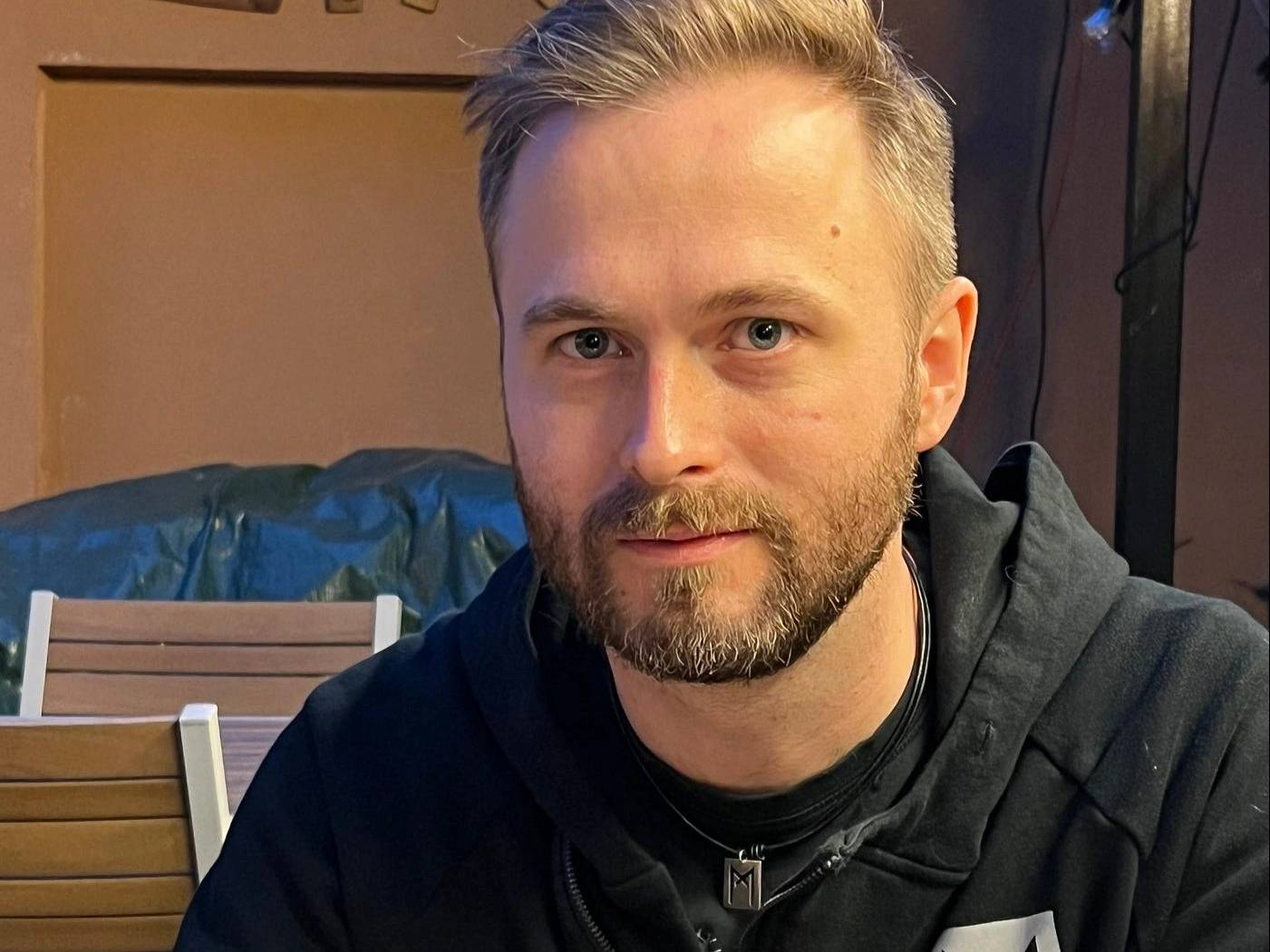订阅 wiki
Share wiki
Bookmark
Nils Pihl
0%
Nils Pihl
Nils Pihl 是一位科技企业家,也是AUKI Network的联合创始人,这是一个专注于去中心化社交网络的基于区块链的协议。 [9]
教育
Pihl于2007年毕业于隆德大学,并于2010年在北京语言文化大学学习汉语。 [1]
职业生涯
Pihl的职业生涯始于2005年的瑞典军队,他在那里完成了10个月的军事训练,担任宪兵。2007年,他加入HansaWorld担任国际渠道经理,在那里他为公司制定并执行渠道战略。他的职责包括招募和管理国际合作伙伴,并在MacWorld和GITEX等活动中代表公司。从2010年到2013年,他创立了Mention, LLC,这是一家专注于参与度设计和游戏机制的咨询机构。该公司开发了消费者行为模型,并为包括微博和天际在内的各种组织提供咨询服务。
Pihl于2013年至2017年担任行为分析平台Traintracks.io的首席执行官。他带领公司成功完成了融资工作,并与戴姆勒等客户一起管理产品开发、销售和技术咨询项目。2017年,他担任Argyle Hotels Group的临时传播总监,协助公司为收购做准备。然后,他于2018年加入KaiOS Technologies,担任数据和商业智能总监,在那里他领导一个团队,专注于为公司的移动生态系统提供数据驱动的见解。
自2021年以来,Pihl一直在Matterless Studios和Auki Labs担任首席执行官,这两家公司致力于增强现实和人工智能技术。自2024年以来,他还担任Mentra的顾问,自2017年以来,他一直通过Memetic Engineering担任行为工程师和品牌顾问。 [2]
访谈
Auki Labs
在Arkeen主持的X Space中,Pihl描述了Auki Labs对2025年的愿景,重点是整合人工智能和去中心化物理基础设施网络(DePIN)。该公司自2019年成立以来,旨在创建一个去中心化的机器感知网络,最初用于游戏中的增强现实应用,后来发展成为一种协议,使设备能够更好地理解物理世界并与之互动。Pihl强调需要投资于去中心化的传感器网络,而不是传统的GPU增强,他认为理解现实世界物理的物理人工智能对于推进人工智能技术至关重要。他举例说明了他们的网络在零售业中的潜在应用,例如跟踪空货架,并讨论了使物理数据可供人工智能系统访问的更广泛影响。此外,Pihl还谈到了机器人技术和能源解决方案的未来,强调了电池技术创新对于支持日常生活中预期出现的越来越多的自主机器人的重要性。 [5]
空间计算
在DePINed Podcast节目中,主持人Tom Trobridge采访了Pihl,他讨论了AUKI Network如何创建一个去中心化的机器感知网络。Pihl解释说,数字设备缺乏对物理世界的内在理解,这限制了它们的有效性。为了解决这个问题,他的团队开发了一种名为Posemesh的空间计算协议,使设备能够共享数据和资源,从而提高环境感知能力。他们的目标是去中心化视觉定位系统,允许各个场所管理他们的数据并利用超本地信息。Pihl还分享了他从一名竞技游戏玩家到开发先进技术的历程,强调了他对加密货币的抵触情绪,直到他认识到加密货币对于有效运营去中心化网络的必要性。他概述了该项目独特的代币经济学,旨在平衡需求侧的价格稳定性与供应侧贡献者的奖励。 [6]
演讲
感知层
在他的ETHDenver 2025演讲中,Pihl讨论了物理人工智能的“感知层”概念及其对机器人技术、智慧城市和扩展现实(XR)的潜在影响。Pihl借鉴了Naval Ravikant 2014年的博客文章,强调需要一种新的协议来促进机器通信,特别是对于自动驾驶汽车。他认为,随着全球经济的扩张和人工智能系统的普及,机器必须实时协调。Pihl强调了去中心化空间计算协议的重要性,该协议使人工智能系统能够协同感知和导航物理世界,从而保护隐私并确保未来技术的自主性。他呼吁去中心化运动构建一个协作的机器感知网络,作为人工智能未来的重要基础设施。 [7]
中本聪的遗产
在2024年WOW峰会的一次演讲中,Pihl讨论了中本聪的遗产,声称未来他的贡献不会因比特币而被人们铭记,而是因为他使人工智能能够感知空间。他探讨了空间语义推理的概念,该概念允许机器人和人工智能通过理解物理距离和物体的性质来导航复杂的环境。演讲者强调了当前GPS技术在粤港澳大湾区等人口稠密地区的局限性,在这些地区,设备和人工智能系统难以理解周围环境。他提出,人工智能和机器人技术的未来在于协作空间计算,设备协同工作以理解和绘制物理空间。他还建议,下一个重大发展将是一个去中心化的机器感知网络,设备可以在其中共享空间数据和计算资源。这种去中心化的基础设施可以取代GPS,并促进全球范围内更高效的AI驱动决策,从而开创空间计算的新时代。 [8]
Auki Posemesh
在Discord和Twitter上的直播中,Pihl分享了关于Auki Labs Posemesh进展的最新消息。他讨论了为期100天的开发冲刺的完成,该冲刺旨在改进他们的产品,特别关注一个名为Cactus的新应用程序。Cactus被构建为一个任务管理器和人工智能系统,用于组织物理空间,它能够在物理环境中放置数字信息,为零售业的员工沟通和知识转移提供实用的解决方案。Pihl强调了该应用程序使用增强现实跟踪产品位置的能力,从而简化了员工操作并减少了低效率。他还提到Cactus最近已在北欧最大的零售商之一中部署,并将大幅扩展,计划在未来几年内扩展到10万个地点。 [3]
发现错误了吗?
